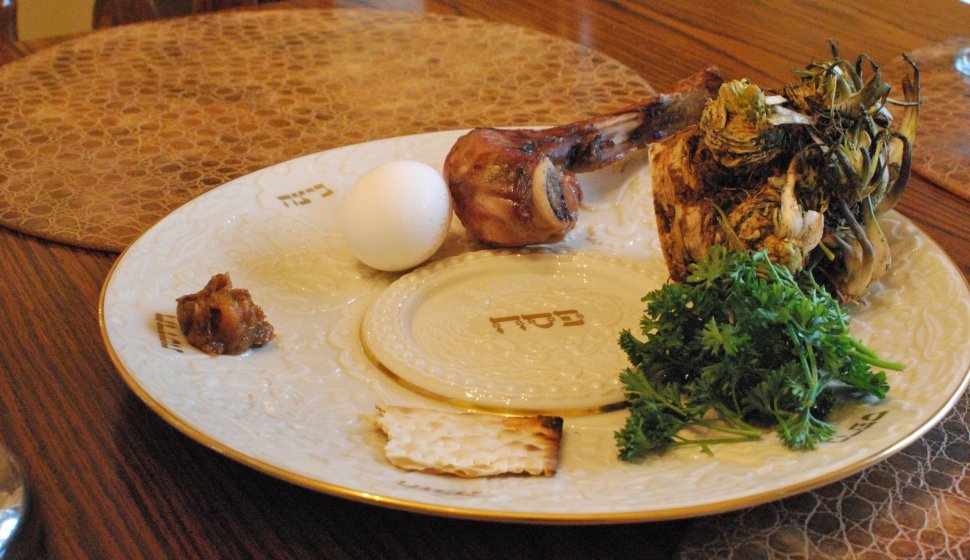- Home
- Religious Holidays
- Judaism
- Pesach

Pesach Dates in 2026, 2027 and 2028
Pesach is celebrated at the following dates:
- from Thursday, 2, to Thursday, April 9, 2026
- from Thursday, 22, to Thursday, April 29, 2027
- from Tuesday, 11, to Tuesday, April 18, 2028
Passover is a significant Jewish holiday that commemorates the liberation of the Jewish people from slavery in Egypt under the leadership of Moses circa 1300 BCE. It is celebrated on the 15th day of the Hebrew month of Nisan.
Origin
According to the book of exodus, God helped to the Jewish people from enslavement in Egypt by inflicting 10 plagues in succession. The Jews in Egypt marked their doors with lamb's blood so the plagues, especially the death of the first born child, would “pass over” their families. It is said that the Jews left Egypt so fast that they didn't even wait for their bread to leaven or rise. It is for this reason that unleavened bread called Matzo is traditionally eaten during Passover.
Celebration
Passover is one of the three major pilgrimage festivals, the other two being Sukkot and Shavuot. Depending on the orthodoxy and location of the Jewish family, Passover may last either seven or eight days, beginning on the evening of the 14th day of Nisan and ending on the 21 or 22 say of the same month. In Israel, the first and last days are considered national holidays. Traditionally, a Korban Pesach, or the Passover lamb, is sacrificed on the first day of Passover. The Korban Pesach must be killed on the first afternoon and roasted with all internal organs and head intact, although this practice is only continued today by the Samaritans, a religious-ethnic group closely related to Jews. Chametz, a leavening agent made of one of five types of grains, is forbidden during Passover. Though Jewish law states that no Chametz larger than an olive size should be in one's domain during Passover, many Jewish families are extremely strict and do a thorough cleaning in the weeks before Passover, including between cracks and putting items that have come in contact with Chametz away until Passover is finished.
The night before the first day of Passover involves a formal search, or bedikat chametz, throughout the household for any Chametz. The head of the household recites a prayer before the search, which is typically done by candlelight, although flashlights have been encouraged in recent years for safety concerns. Because households are usually thoroughly cleaned before Passover, ten or so small pieces of Chametz are often hidden to avoid the chance of bracha l'vatala or a search that turns up nothing. Any morsels found are collected onto a wooden spoon and burned.
In commemoration of the first born being salvaged by god, the first-born of every Jewish family is supposed to fast on the first day of Passover, though the celebratory meal cancels this obligation. There is a separate form of Kosher during Passover, in which many families use silverware, dishes, sinks and ovens that have never come in contact with Chametz, though there are methods of sterilizing utensils that can be acceptable.
Matzo is an unleavened bread that is a symbol of Passover and is often eaten on the first and subsequent nights of the feast. Four cups of wine are also required to be drunk during the Passover meal.
